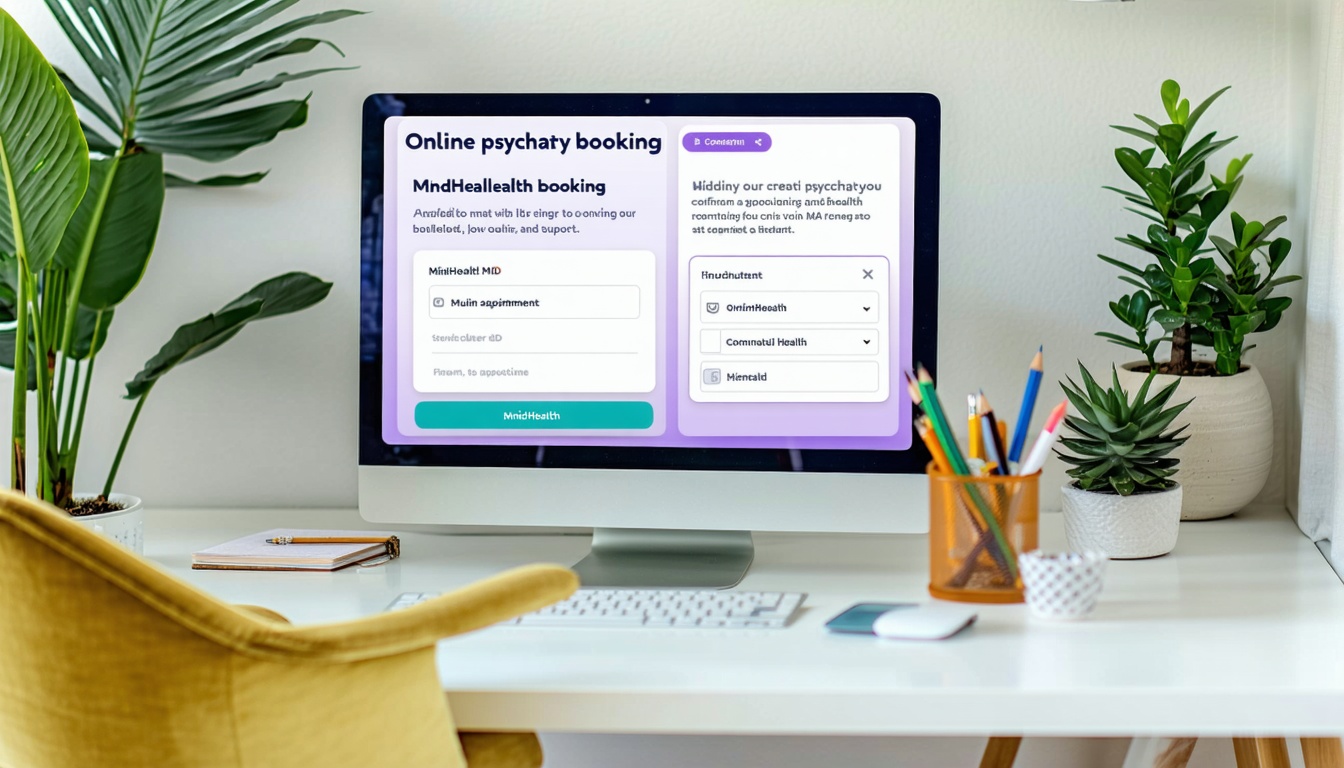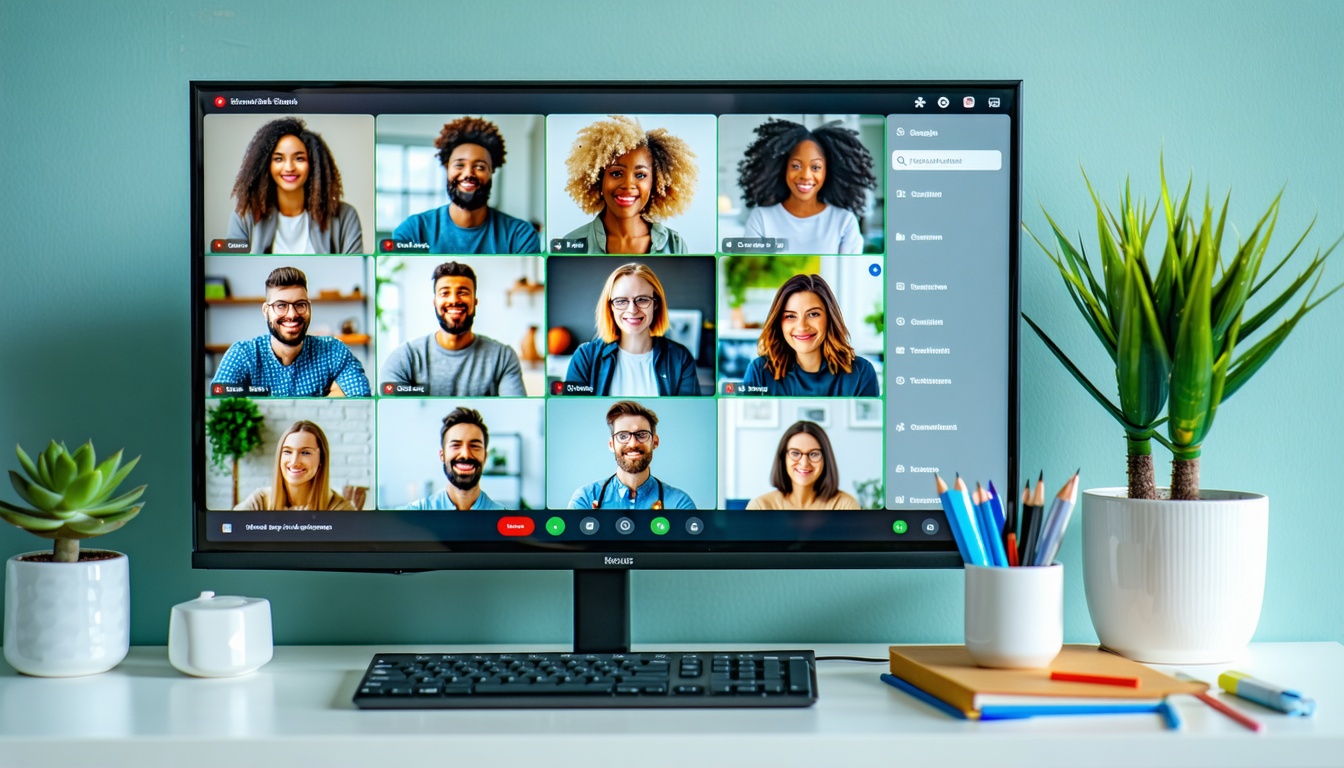Understanding Treatment for Depression
Non-Drug Therapies Overview
Non-drug therapies for depression encompass a wide range of approaches designed to alleviate symptoms and improve overall mental health without the use of medication. These methods aim to address the root causes of depression through various forms of therapy, lifestyle changes, and alternative practices. Options such as Cognitive Behavioral Therapy (CBT), exercise, and mind-body practices have gained recognition for their effectiveness. You can explore more about these methods as part of your journey to understanding non-drug therapy for depression.
Below is a table summarizing some common non-drug therapies:
| Therapy Type | Description |
|---|---|
| Cognitive Behavioral Therapy (CBT) | A psychotherapeutic approach that helps individuals change negative thought patterns and behaviors related to depression [1]. |
| Exercise | Involves both aerobic and resistance training; studies show it can be as effective as CBT and antidepressants in treating major depressive disorder [2]. |
| Mind-Body Practices | Techniques such as yoga and meditation that encourage a connection between mental and physical well-being. |
Importance of Effective Treatments
Effective treatment for depression is crucial for enhancing the quality of life for individuals suffering from this condition. Non-drug therapies offer beneficial alternatives or complementary options to traditional medication, which can have delayed effects and potential side effects.
While antidepressants often take 4-8 weeks to show effectiveness [NIMH], therapies like CBT can lead to immediate changes in thinking patterns and behaviors. This immediacy can be a significant advantage for those seeking relief from their symptoms.
In addition to CBT and lifestyle modifications, other non-pharmacological options such as Transcranial Magnetic Stimulation (TMS) provide advanced treatment opportunities for those who may not respond well to traditional methods. Utilizing TMS for treatment resistant depression can also be highly effective, offering hope when other treatments have failed.
By exploring non-drug therapies, you can empower yourself or a loved one with the tools needed to combat depression effectively. Whether it’s through exercise, therapy, or innovative treatments like TMS, each approach plays a crucial role in managing this challenging condition.
Effective Non-Drug Therapies
When exploring options for managing depression, it’s essential to consider effective non-drug therapies. These treatments can provide support and lead to significant improvements in mental health.
Cognitive Behavioral Therapy (CBT)
Cognitive Behavioral Therapy (CBT) is a well-established form of psychotherapy that helps individuals change negative behaviors and thought patterns associated with depression. This therapy emphasizes the connection between thoughts, feelings, and actions, encouraging you to identify and challenge harmful beliefs.
CBT typically involves structured sessions with a trained therapist and can be adapted to meet individual needs. Research indicates that CBT can effectively reduce symptoms of depression, making it a valuable alternative to medication. By actively engaging in CBT, you can develop coping strategies and skills that enhance your mental resilience. For further information on effective non-drug options, consider looking into transcranial magnetic stimulation therapy.
Lifestyle and Nutrition Impact
The role of lifestyle choices and nutrition cannot be understated when addressing depression. Research has shown that specific dietary habits can either mitigate or exacerbate symptoms of depression.
Eating a diet rich in fruits, vegetables, whole grains, fish, olive oil, and low-fat dairy may provide mental health benefits. Conversely, high consumption of red and processed meats, sugar, refined grains, and high-fat dairy has been linked to an increased risk of depression [1].
Engaging in regular exercise has also shown great promise in alleviating depressive symptoms. It has emerged as an adjunct treatment, leading to improved outcomes for many individuals experiencing depression [3].
The following table summarizes potential dietary influences on depression:
| Food Category | Impact on Depression |
|---|---|
| Fruits and Vegetables | Beneficial |
| Whole Grains | Beneficial |
| Fish and Olive Oil | Beneficial |
| Low-Fat Dairy | Beneficial |
| Red and Processed Meat | Detrimental |
| Sugar and Refined Grains | Detrimental |
| High-Fat Dairy | Detrimental |
Incorporating a balanced diet and regular physical activity can significantly improve your mental health. For those seeking drug-free solutions to depression, integrating lifestyle and nutrition changes along with therapies like CBT can create a comprehensive approach to wellness. Consider exploring other options such as natural depression treatment and alternative to antidepressants to learn more about managing your mental health effectively.
Alternative Therapies for Depression
Importance of Fitness and Exercise
Incorporating fitness and exercise into your routine can play a crucial role in managing depression. Research indicates that exercise has demonstrated great promise in alleviating symptoms of depression and can enhance treatment outcomes [3]. Notably, engaging in regular physical activity is as effective as certain antidepressant medications in reducing symptoms of depression.
Benefits of Exercise
| Key Benefits | Description |
|---|---|
| Enhances Mood | Releases endorphins which improve mood |
| Increases Energy | Boosts overall energy levels |
| Reduces Anxiety | Lowers stress levels and feelings of anxiety |
| Improves Sleep | Enhances quality of sleep, contributing to better rest |
| Lower Risk of Depression | Associated with lower rates of depression over time |
Studies show that individuals who maintain a consistent exercise routine experience lower rates of depression at follow-ups, specifically around ten months after starting an exercise regimen. For those seeking to incorporate fitness as part of their non-drug therapy for depression, it’s advisable to consult a healthcare provider to determine the best approach for your specific needs.
Benefits of Mind-Body Practices
Mind-body practices, such as yoga, meditation, and mindfulness, also contribute significantly to improving mental health. These techniques emphasize the connection between your mind and body, promoting overall well-being and helping to alleviate symptoms of depression.
Mind-Body Practices Advantages
| Practice Type | Benefits |
|---|---|
| Yoga | Enhances relaxation and reduces symptoms of anxiety |
| Meditation | Improves focus and emotional regulation |
| Mindfulness | Increases awareness and acceptance of thoughts |
Engaging in mind-body practices can help you manage stress better and create a sense of calm. This approach not only helps in reducing adverse feelings associated with depression but also fosters a healthier lifestyle overall. Explore how incorporating these practices into your routine can support your mental health journey and complement other treatments, such as transcranial magnetic stimulation therapy.
For more comprehensive options, you may wish to explore alternative treatments, such as TMS for depression, which provides a non-invasive option for those seeking relief from these debilitating symptoms.
Exploring Non-Pharmacological Options
For those seeking alternatives to traditional medications for managing depression, non-drug therapies can offer significant benefits. This section will cover two prominent non-pharmacological options: Repetitive Transcranial Magnetic Stimulation (rTMS) and Electroconvulsive Therapy (ECT).
Repetitive Transcranial Magnetic Stimulation (rTMS)
Repetitive Transcranial Magnetic Stimulation (rTMS) is a safe and effective non-drug therapy that utilizes magnetic energy to stimulate mood-regulating areas of the brain. rTMS has gained popularity as a promising option for individuals who may not have responded well to traditional treatments for depression [1].
Here’s a breakdown of the key aspects of rTMS:
| Feature | Details |
|---|---|
| Treatment Type | Non-invasive |
| Mechanism | Uses magnetic energy to activate brain regions |
| Duration of Sessions | Typically 30-40 minutes per session |
| Number of Sessions | Usually 20-30 sessions over several weeks |
| Side Effects | Minimal; may include mild headache or scalp discomfort |
Relying on the power of magnetic fields, rTMS triggers neural activity without the need for medication. If you or a loved one are curious about how this treatment works, more information can be found in our article on how does TMS therapy work.
Electroconvulsive Therapy (ECT) Insights
Electroconvulsive Therapy (ECT) is a well-established non-drug treatment for severe depression, particularly in cases resistant to other therapies. ECT involves sending a controlled electric current through the scalp to induce a brief seizure in the brain. This process can lead to rapid relief of debilitating symptoms.
Important aspects of ECT include:
| Feature | Details |
|---|---|
| Treatment Type | Invasive, performed under anesthesia |
| Mechanism | Induces electrical activity in brain |
| Duration of Sessions | Each session lasts about 20-30 minutes |
| Course of Treatment | Typically involves multiple sessions over weeks |
| Efficacy | Often effective for treatment-resistant cases |
ECT may not be suitable for everyone, and it is important to discuss any concerns with a psychiatrist who can provide insight into its appropriateness for your specific situation. If you want to learn more about ECT and other non-drug options, explore our section on non-invasive depression treatment.
Both rTMS and ECT are valuable tools in the arsenal against depression, offering alternatives for those seeking drug-free depression treatment. If you or your loved one is considering these therapies, consulting with a qualified provider is an essential first step towards better mental health.
Addressing Treatment-Resistant Depression
Treatment-resistant depression can be particularly challenging, especially when standard interventions do not yield the desired results. In this section, we will explore different medication strategies and the effectiveness of psychological counseling.
Medication Strategies
For those experiencing treatment-resistant depression, modifying medication regimens can be an effective pathway. According to research, for patients with Major Depressive Disorder (MDD) who did not achieve remission after initial treatment with standard medications, switching to another medication, augmenting with additional treatments, or incorporating cognitive therapy are reasonable options [4].
| Medication Strategy | Description |
|---|---|
| Switching Medications | Changing from one antidepressant to another may help improve symptoms. |
| Augmentation | Adding another medication or treatment, such as cognitive therapy, to the current regimen. |
| Cognitive Therapy | This may involve switching to cognitive behavioral therapy or other types of therapy to enhance treatment outcomes. |
If you find yourself or a loved one struggling with persistent depression, exploring these medication strategies in consultation with your psychiatrist could offer new hope.
Psychological Counseling Effectiveness
Psychological counseling, often referred to as psychotherapy, plays a pivotal role in addressing treatment-resistant depression. It can be combined effectively with medication to yield better results. Counseling helps identify underlying issues contributing to depression and teaches specific behaviors and strategies to manage symptoms [5].
Different types of therapy may be employed based on individual needs:
| Type of Therapy | Focus |
|---|---|
| Cognitive Behavioral Therapy (CBT) | Addresses negative thought patterns and behaviors. |
| Interpersonal Therapy | Focuses on improving personal relationships and social functioning. |
| Problem-Solving Therapy | Enhances coping skills by addressing specific life challenges. |
It may take multiple attempts to find the most effective form of therapy for each individual. If conventional methods fail, don’t hesitate to consider alternatives such as transcranial magnetic stimulation (TMS) or other non-invasive therapies as potential solutions.
Research consistently highlights that for some, a combination of psychotherapy and medication can result in significant improvements in well-being. If you are exploring such options, consider consulting with a reputable TMS therapy provider who can guide you toward the most appropriate treatment tailored to your needs.
Special Considerations and Additional Options
Bright Light Therapy (BLT)
Bright Light Therapy (BLT) is an effective method for treating mood symptoms related to depression. This therapy involves exposure to a specific intensity of light, typically in the morning, to help improve mood and alleviate symptoms. Despite its efficacy, BLT remains underutilized in clinical practice. Experts note that standardization in exposure intensity and treatment duration is crucial for maximizing its benefits.
| Treatment Aspect | Recommended Standard |
|---|---|
| Light Intensity | 10,000 lux |
| Exposure Duration | 20-30 minutes daily |
Implementing BLT can be a great non-drug therapy option for individuals seeking to improve their mental health. This therapy can be integrated into daily routines, providing a convenient way to enhance mood without medications.
Integrative Approaches to Treatment
Integrative approaches to depression treatment emphasize combining various therapeutic methods to enhance overall well-being. This may include combining non-drug therapies such as cognitive behavioral therapy (CBT), lifestyle changes, exercise, and nutrition with techniques like Bright Light Therapy.
Utilizing an integrative treatment plan allows for a more personalized approach, addressing the unique needs of the individual. This comprehensive strategy can not only help in alleviating depressive symptoms but also support long-term mental health.
It is particularly important to consult with healthcare professionals about which therapies might be safe and effective for your specific situation, especially if factors like pregnancy or breastfeeding are involved [7].
When looking for a TMS therapy provider, consider those who also support integrative methods, ensuring a holistic approach to your mental health treatment. Adopting multiple non-pharmacological options can prove beneficial in achieving and maintaining a balanced emotional state.
References
- (WebMD)
- (NCBI)
- (NCBI)
- (NCBI Bookshelf)
- (Mayo Clinic)
- (Frontiers in Psychiatry)
- (Cleveland Clinic)








